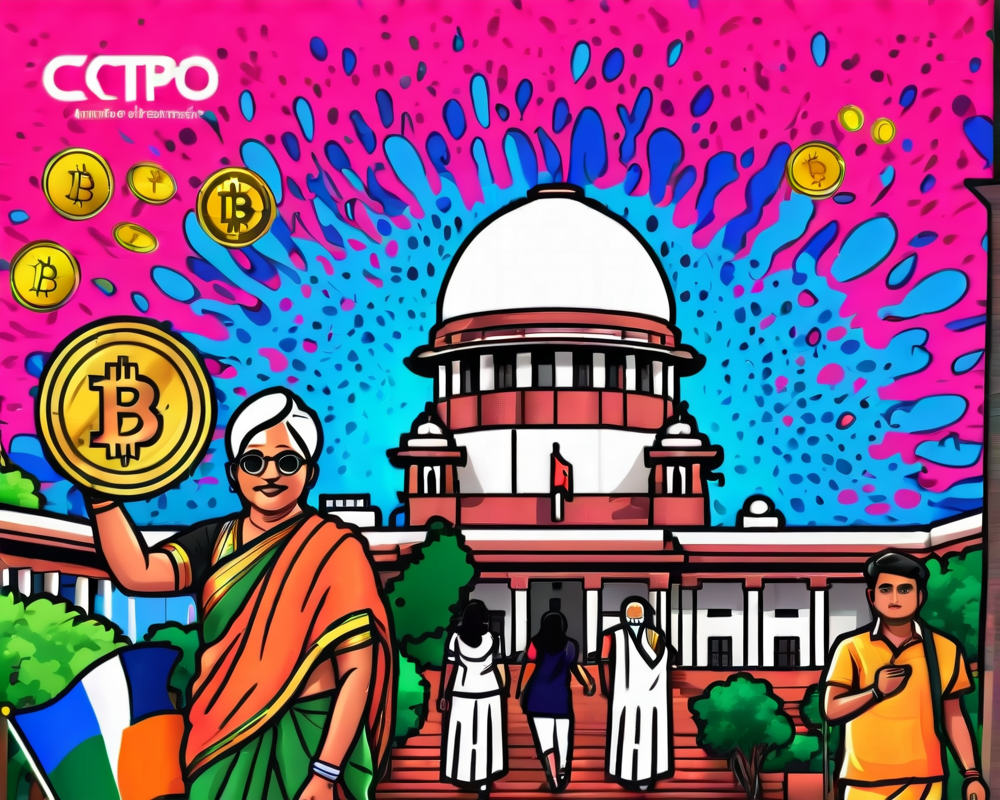A New Dawn for Crypto in India
In what many experts are hailing as a monumental moment for the cryptocurrency industry in India, the Supreme Court has declared the Reserve Bank of India’s (RBI) banking ban on cryptocurrencies void. The judgment from the three-member bench, featuring justices Rohinton Nariman, S. Ravindra Bhat, and V. Ramasubramanian, clearly stated that the RBI’s precautionary ban lacked empirical evidence to support its claims of protecting the economy.
Timeline of Events: From Ban to Freedom
Back in April 2018, the RBI issued a controversial directive preventing banks from dealing with any cryptocurrency businesses. This ban was met with fierce resistance from the crypto community, who argued it was unconstitutional and rectifiable. A case was filed by the Internet and Mobile Association of India along with legal counsel Ashim Sood, whose relentless advocacy led to this critical verdict.
The Legal Eagle Speaks
In an exclusive interview, Sood applauded the court’s decision as pivotal for future regulations in India’s crypto landscape, remarking:
“This verdict sets a standard for balanced and fact-driven crypto regulations.”
What This Means for the Market and Innovation
The immediate aftermath of the ruling saw Unocoin announce the reintroduction of bank deposits for crypto transactions. Industry leaders anticipate a surge in trading volumes as the market reopens its doors to legitimate banking partnerships. Sidharth Sogani, CEO of Crebaco, pointed out that with over half of India’s population under 35, the tech-savvy youth are poised to rapidly adopt these technologies.
Looking Ahead: What’s Next for Indian Crypto?
With the Supreme Court’s recent ruling, the crypto economy, previously estimated at $12.9 billion, is on the brink of flourishing. The lifting of the ban is expected to revamp interest in cryptocurrencies, potentially drawing back companies that had previously sought refuge overseas. However, experts caution that a regulatory framework is needed to protect investors from potential scams that could prey on uninformed consumers.




